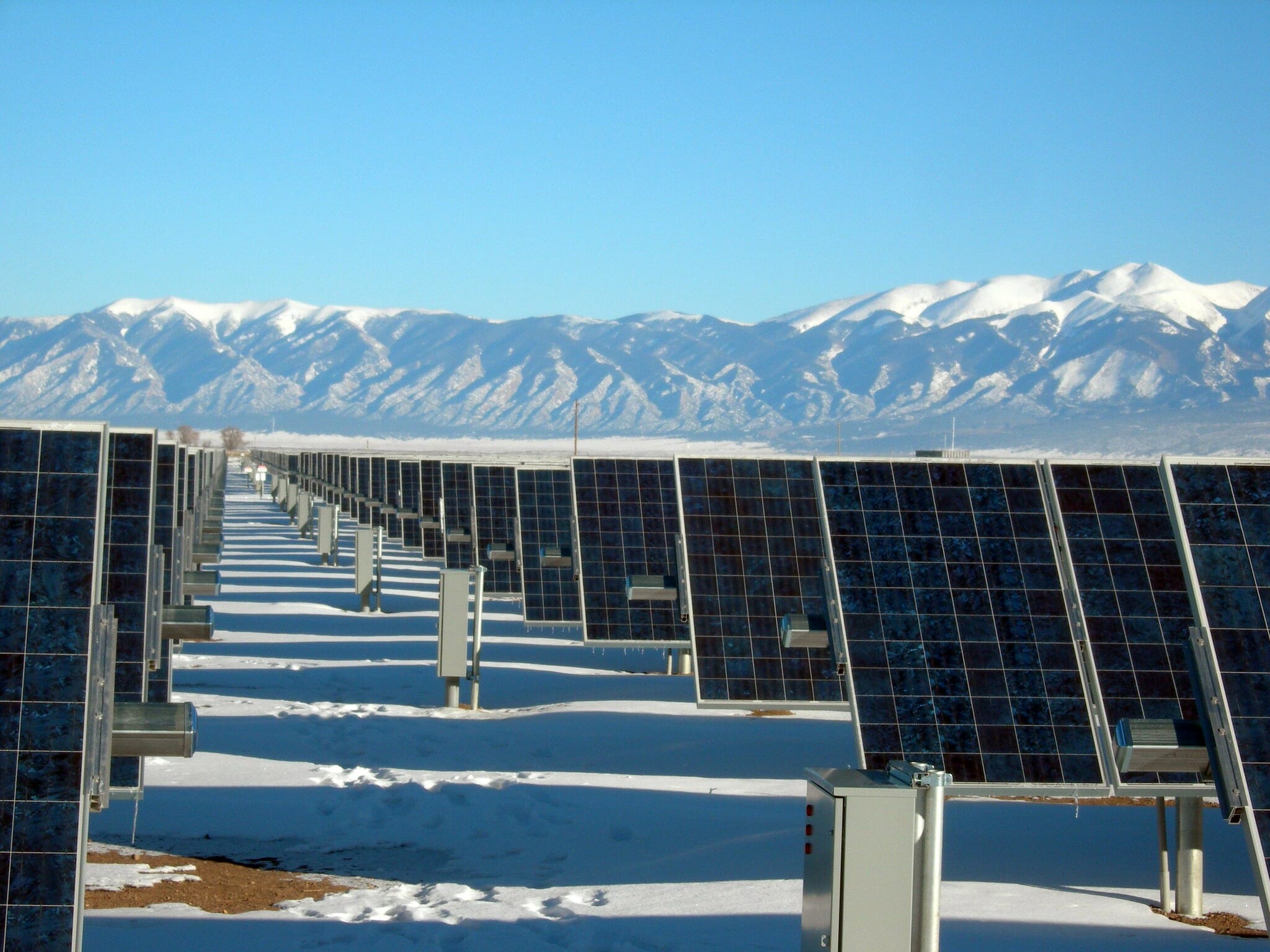Now is a critical time to remind Congress you support balanced development of renewable energy
In past energy booms we didn’t always get it right when it came to public lands.
Fish and wildlife populations suffered, rural communities shouldered the social burden as large companies shipped in large numbers of workers to get the resource out of the ground, air and water quality declined and often the fair rate for use of these lands – lands that belong to all – was never realized.
As we look at a future where renewable energy plays a larger role in the country’s energy portfolio, Trout Unlimited and a growing list of bi-partisan legislators want to make sure the past does not repeat itself.
Thanks to leadership of the Arizona delegation (Senator McSally is a lead sponsor in the Senate; Congressman Gosar is a lead sponsor in the House), the Public Lands Renewable Energy Development Act could become a reality.
The Public Land Renewable Energy Act would support responsible development of wind, solar and geothermal projects on public lands with high potential for energy and low impact on wildlife and habitat.
Critically, the act would also strategically direct the royalty revenue from development to invest in local communities, fish and wildlife resources and more efficient permitting for renewable energy projects.
In places like McSally’s home state, this creates a critical safety net, both for public lands and for communities. Arizona is currently the second largest producer of solar energy, second only to California. In 2018, solar accounted for almost 7 percent of the states energy production. However, the potential for increased production still exists.
If passed, royalties from renewable energy production would be divvied up among a few key stakeholders such as the state, and county where projects are cited as well as a new fund set aside for fish, wildlife and land conservation.
While not every place is suitable for large-scale renewable energy projects, there are some public lands that are. And that being the case, anglers are asking companies – and Congress – to do it right.
“If we do it right, Southwest could be a model for the new energy economy,” said Nate Rees, field coordinator in Arizona and southern New Mexico. “The reality is even renewable energy does not come without costs to fish and wildlife. But if we plan, fund key conservation measures to offset impacts, and support our local communities, there is a critical balance we can find where we reduce our reliance on fossil fuels while protecting our public lands for the future. Diversifying our energy portfolio and taking steps to combat climate change should not be about sacrifice. It should be about smart planning and balance.”
To show your support for PLREDA, contact your member of Congress today.



